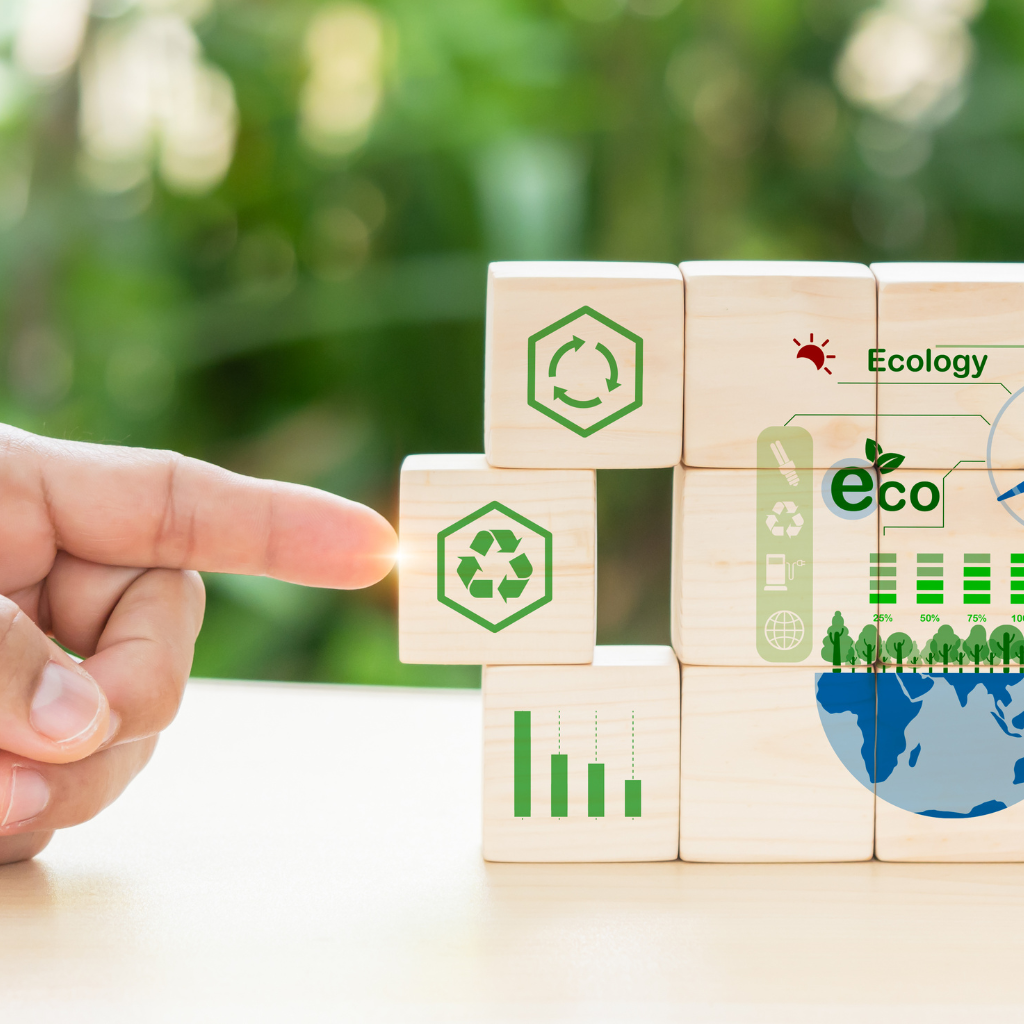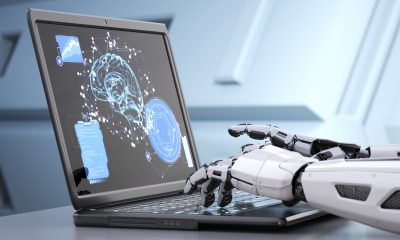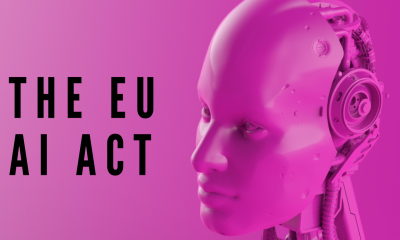AI-Driven Circular Economy Waste Management System
PBL-AI-4001

What You will Learn
The AI-Driven Circular Economy Waste Management System is an advanced AI-powered platform designed to optimize the recycling, reuse, and upcycling of materials within a circular economy framework. This system uses real-time waste data from various sources, including waste collection centers, industries, and urban communities, to classify and track materials. The AI system identifies recyclable, reusable, and upcyclable materials, optimizing the flow of materials back into the economy, reducing landfill usage, and minimizing waste.
Job Opportunities
- Sustainability Analyst: Work with companies to improve their circular economy initiatives, reduce waste, and promote sustainability.
- Data Scientist (Circular Economy): Develop models to track and forecast waste generation and optimize resource reuse.
- Environmental AI Specialist: Specialize in applying AI and machine learning techniques to solve environmental and waste management challenges.
Duration Course
- 3-4 Hours/Day - 60 Days
- 180 Hours of Mentorship
- Projects
- 30 Course Videos
Course Content
AI-Driven Circular Economy Waste Management System
- Waste Data Collection and Integration: Use APIs to gather real-time waste data from municipal systems and industrial sources.
- Material Classification using AI: Build machine learning models using PyTorch or TensorFlow to classify waste materials into recyclable, reusable, and landfill categories.
- Circular Economy Flow Simulation: Simulate material flows in a circular economy, predicting reuse opportunities and minimizing waste.
- Predictive Analytics for Waste Minimization: Use Scikit-learn and Keras to build predictive models that forecast waste generation and suggest reuse strategies.
- Real-Time Data Visualization and Reporting: Use Plotly and Dash to visualize waste flow data and generate reports for stakeholders.
- Optimization Engine for Resource Reuse: Develop an engine to recommend the best ways to reuse or upcycle materials, including potential industrial collaborations for waste materials.
- Sustainability Reporting and Compliance: Integrate a sustainability reporting module that tracks how waste management efforts align with global sustainability goals and regulations.
- Gain experience in circular economy principles, AI-powered waste management, and resource optimization.
- Basic Knowledge of Python: Comfortable with libraries like Pandas, Numpy, and Scikit-learn.
- Understanding of Machine Learning: Familiarity with machine learning models and frameworks like TensorFlow or PyTorch.
- Basic Knowledge of Circular Economy Concepts: Awareness of sustainability, recycling, and resource management principles.
- Data Visualization Skills: Basic experience with visualization tools like Plotly, Dash, or Matplotlib.
- Experience with APIs: Understanding of how to use APIs for data collection from external sources (e.g., waste tracking systems).
- AI-powered waste management system that improves recycling efficiency and reduces landfill waste.
- Supports circular economy initiatives, increases recycling efficiency, and reduces environmental impact.
- Integrate real-time waste data.
- Train AI models for waste classification and recycling.
- Deploy the system in a simulated or real-world waste management environment.
- Waste Optimization Consulting: Offer businesses consulting services to minimize waste through AI-driven material classification and reuse recommendations.
- Circular Economy Integration: Help companies transition to a circular economy by using AI to optimize resource flows and recycling processes.
- Data Analytics and Reporting: Provide businesses with predictive waste generation models and sustainability reporting tools.
- AI-Powered Waste Management System Development: Develop custom AI solutions for industries, municipalities, or waste management companies to track and optimize their waste handling processes.
- Circular Economy Platforms: Create platforms that help businesses track and optimize their material use, reduce waste, and implement circular economy models.
- Sustainability and Compliance Tools: Build and offer compliance tools that help companies report their waste management and sustainability efforts in alignment with global environmental goals.
- Waste Resource Exchange Platforms: Develop a marketplace for businesses to exchange waste materials that could be upcycled or reused, turning waste into a resource.
Trending now!
Generative AI
This dynamic course, “Innovating with Generative AI: Project-Based Learning,” offers a deep dive into generative AI technologies, focusing on hands-on project work with large language models (LLMs) like Mistral or Llama. Students will gain a solid foundation in machine learning, explore the intricacies of GANs and VAEs, and apply their knowledge to create AI-driven solutions across various domains, including retail, agriculture, healthcare, manufacturing, energy, sustainable technology, and business innovation. The curriculum emphasizes ethical AI use and culminates in a capstone project where students will tackle real industry challenges, providing a pathway to employment, entrepreneurship, or freelance opportunities in the cutting-edge field of generative AI.

Can You Solve the Project Challenge?

GENERATIVE AI
AI-601
Generative AI technologies, including the latest LLMs

Leadership in Ethical & Responsible AI
ETHAI-601
Ethical AI, governance frameworks, stakeholder engagement

Precision Agriculture with AI
PSC-PAI-102
In-depth exploration of Gen AI, ML and Deep Learning
Connect Now and Be Part of our AI Community
Wersel Workdesk offers hands-on AI experience guided by experts, immersing students in practical customer projects from ideation to deployment for real-world learning.
Learn – Work – Innovate.
Our Mission: Empower our community with practical Al knowledge through Wersel Projects, solving real-world and environmental challenges.
Links
Latest Posts
AI Navigating Ocean Sustainablity
AI Navigating Agriculture Sustainability
Wersel Workdesk All rights reserved Copyrights 2024
